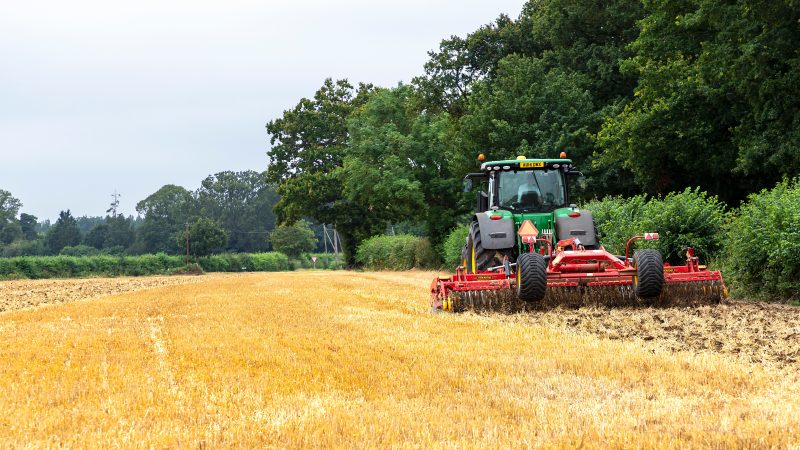
Roughly 19 million people live in England’s rural communities, some 17% of the population. Over the last year, I have chaired a small group of members on the Co-operative Party rural commission who have explored the challenges that rural communities now face. We found a growing disconnect between urban and rural areas, with a sense of rural communities coming off second best in many areas of national decision-making and resource allocation.
The last 13 years of austerity-driven cuts to public expenditure have exacerbated this feeling to the point that many rural, small town and village dwellers feel left behind and left out of national life and the consideration of their needs. We asked ourselves what drives this sense, this feeling? Primarily, it is the pace of change to small town and village life. The decline in the provision of services, whether they be public or private, is prominent among concerns. 20 years back, most small towns and villages would have had a choice of pubs, a post office, a police station, access to a doctor’s surgery, a primary school, a bank and a range of shops. Most would have been on a bus route with a reasonably regular connection to larger centres of population, providing a wider access to services and facilities. With that regular connection of course comes opportunity and aspiration. In many parts of modern Britain, and especially parts of England, those assumptions no longer hold.
We also asked when did this sense of decline begin, and what has driven it? Of relevance to the labour movement as our attention turns to the hope of a general election is what can we do as policymakers to put decline into reverse and take advantage of the opportunities that the digital world offers.
So not all is bleak for rural communities. Some of the changes involving digital access contain opportunities, often invisible ones. The pandemic is rightly seen as a period during which people, especially those living in more remote areas, experienced extreme isolation. However, at the same time, the emergence of Zoom and Teams also brought a different but often welcome form of connectivity.
As commissioners, we have looked at recent history and experience and want to explore the positive contribution that a life in the countryside can bring. There is a conundrum not dissimilar to that which faces coastal communities. These are both highly desirable places to live in and enjoy. But the obstacles to getting the best from living in a small town or village can for many be insurmountable. But it can be done.
The challenge for Labour as a national party that aspires to bring a sense of belonging and unity in a divided age is to design a policy offer with broad appeal. It must however be one that recognises the unique beauty of our countryside and makes a place where people can afford to live their best life, find rewarding work, study, enjoy nature and the culture that comes with it and also access the excitements that city life can offer.
We hope that we have captured the spirit of optimism that has informed our thinking and led to the production of a menu of co-operative ideas that, taken together, provide for a revitalised and reskilled rural economy, bring fairness and equity into policymaking and strengthen rural voices and advocacy. We have come up with a set of wide-ranging recommendations, from strengthening community power and a community right to buy to the establishment of county mayors to replicate the devolution seen in metropolitan area and better support for our rural economy.
We cannot continue as we are with the countryside becoming a haven for affluent middle class interests at the expense of all others, with communities feeling left out, disconnected and lacking the investment necessary to transform them into places where people want to live, grow and bring up families and make a life. You can read our report here.




More from LabourList
‘Labour won’t stop the far right by changing leaders — only by proving what the left can deliver’
‘Cutting Welsh university funding would be economic vandalism, not reform’
Sadiq Khan signals he will stand for a fourth term as London Mayor